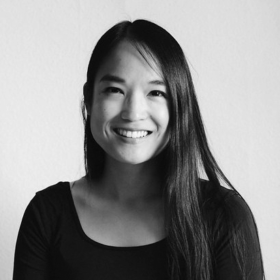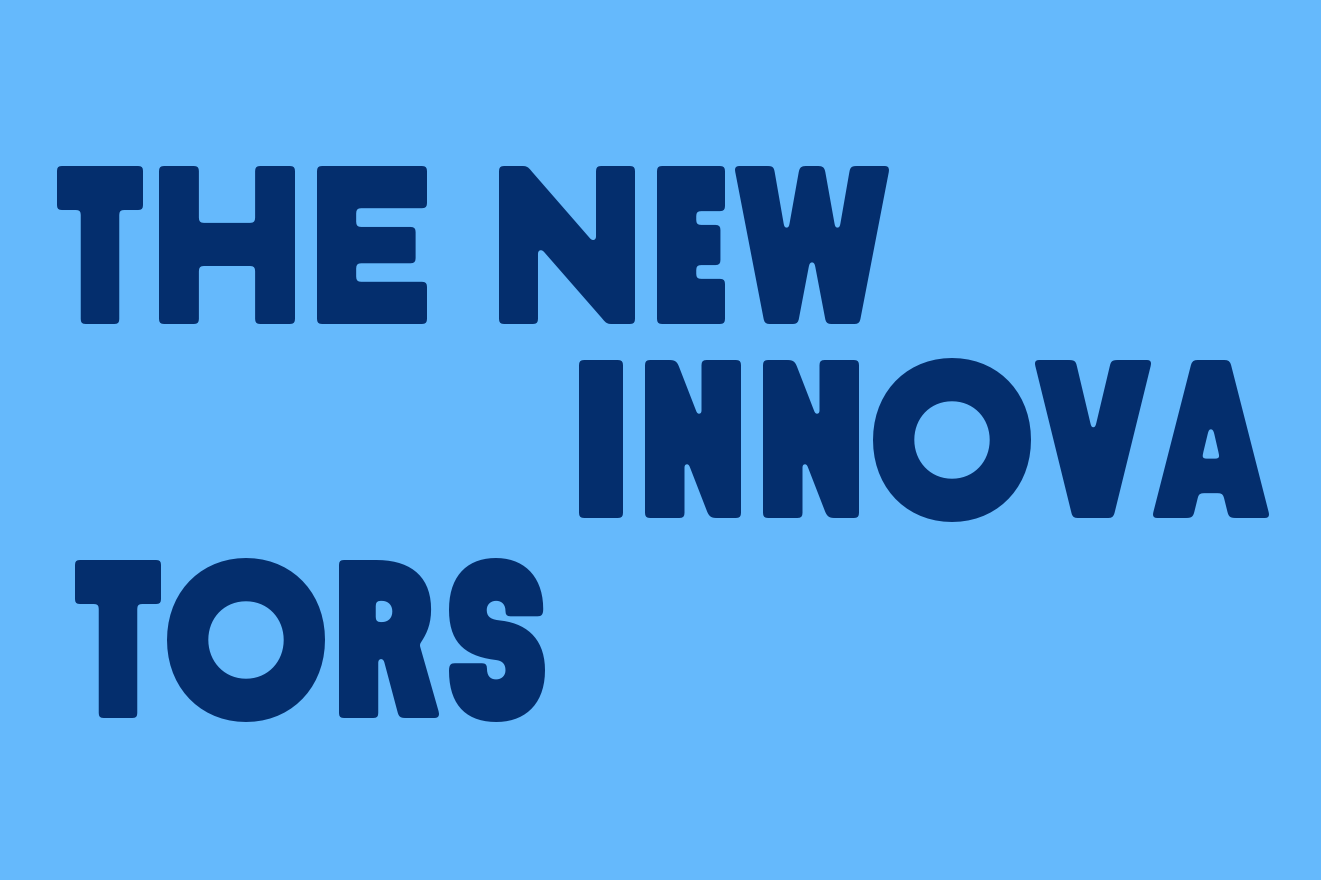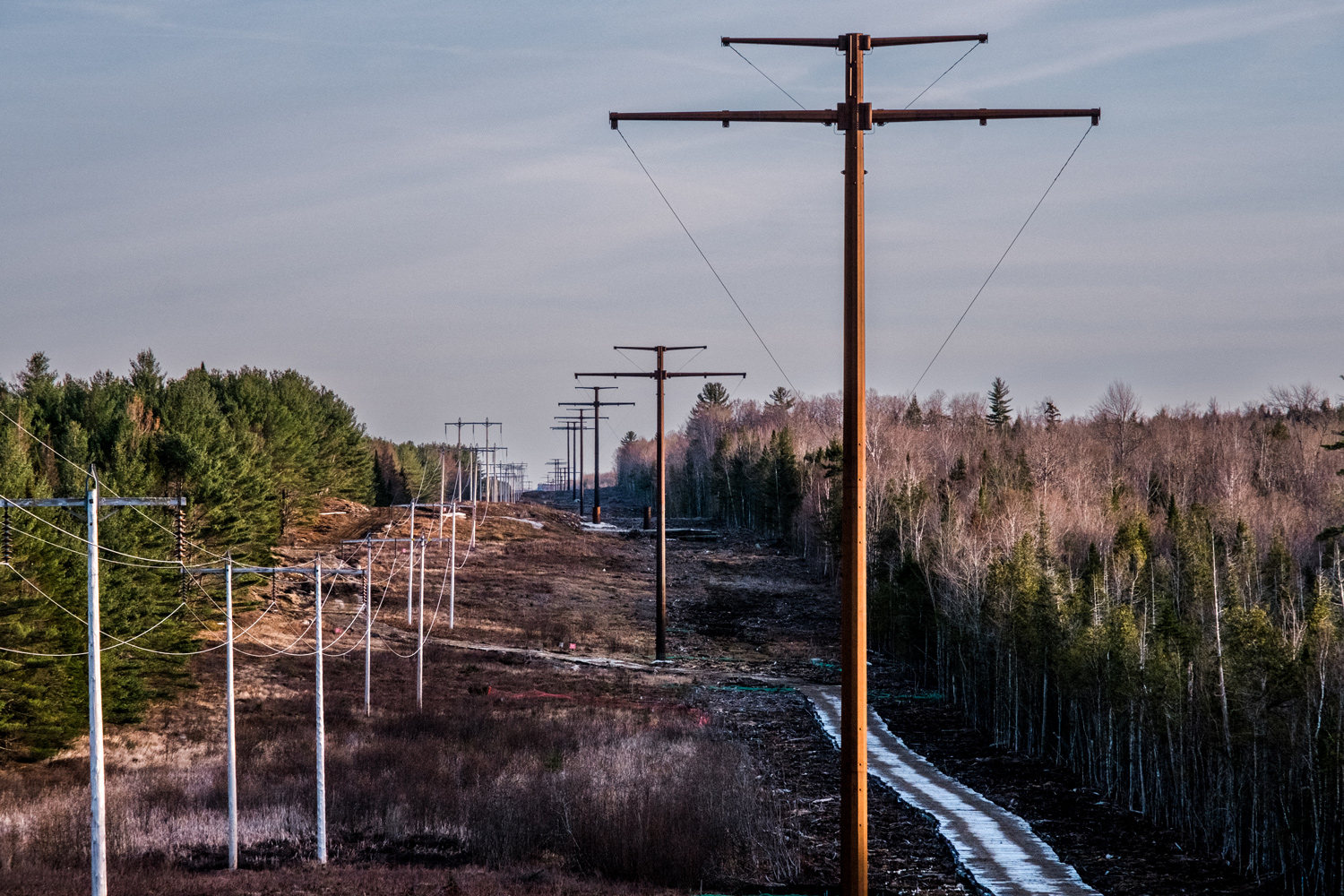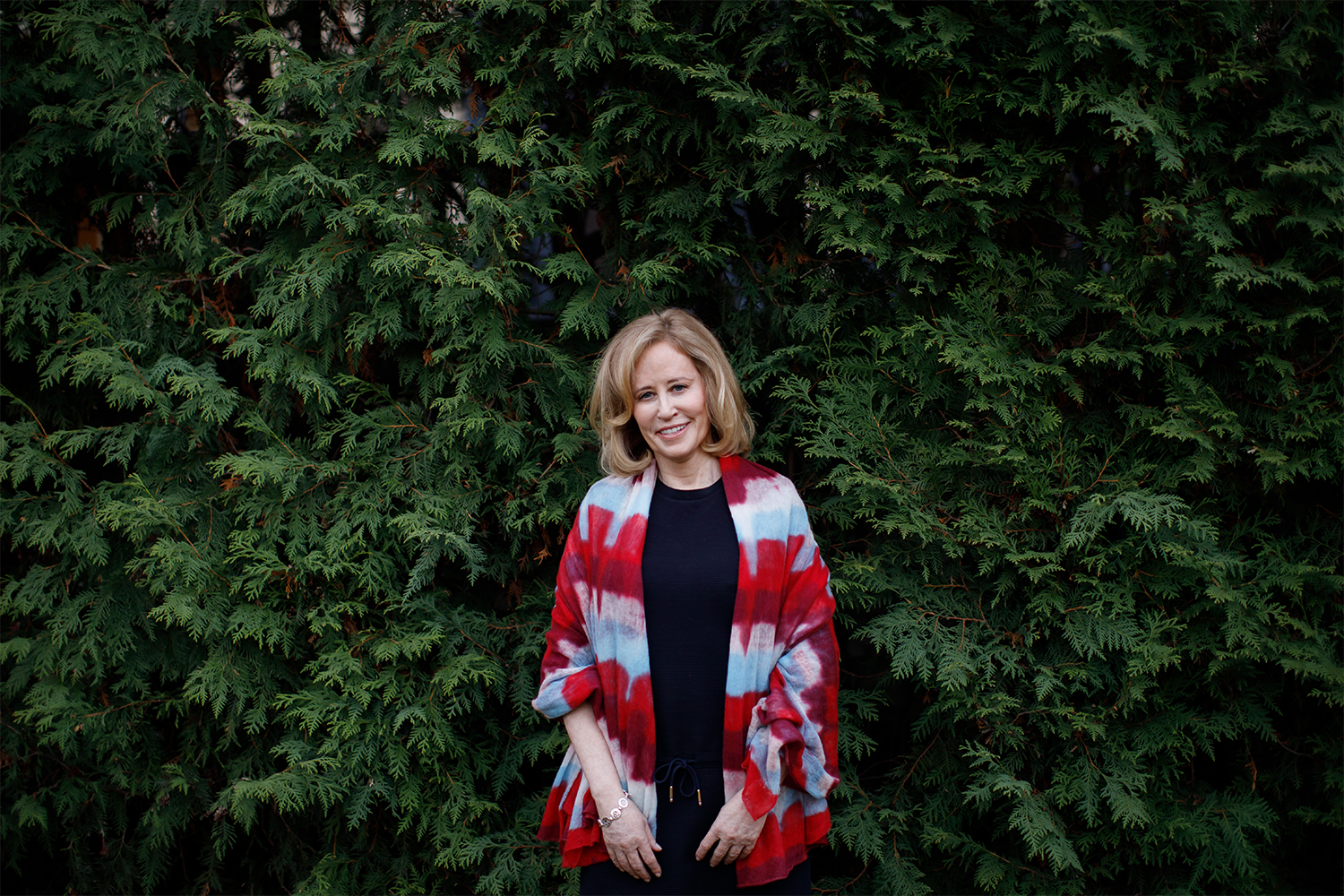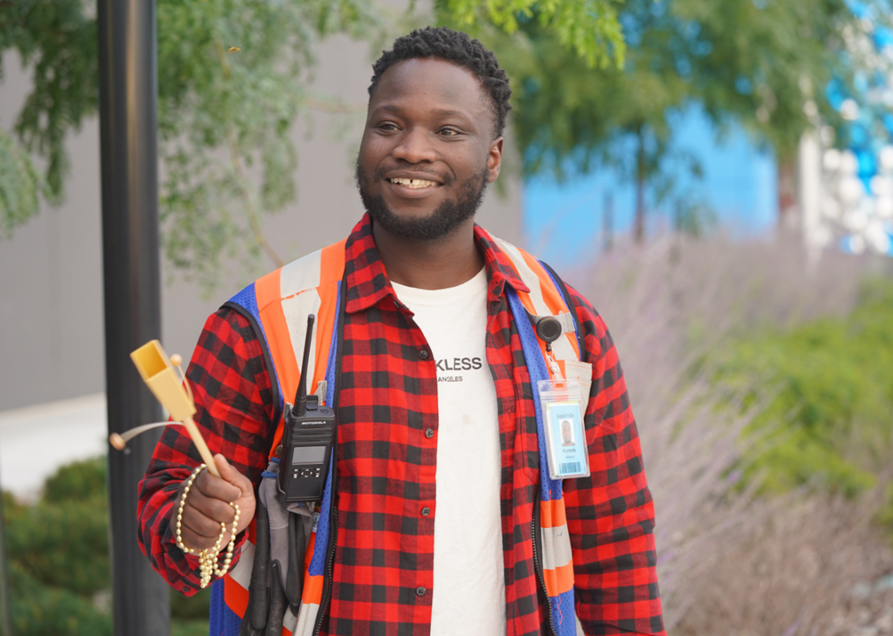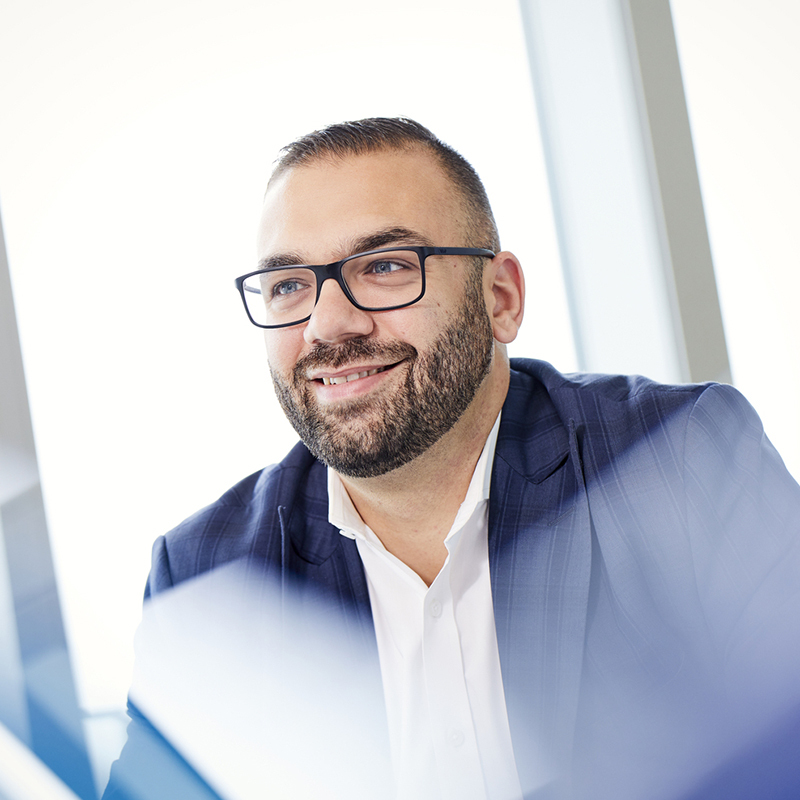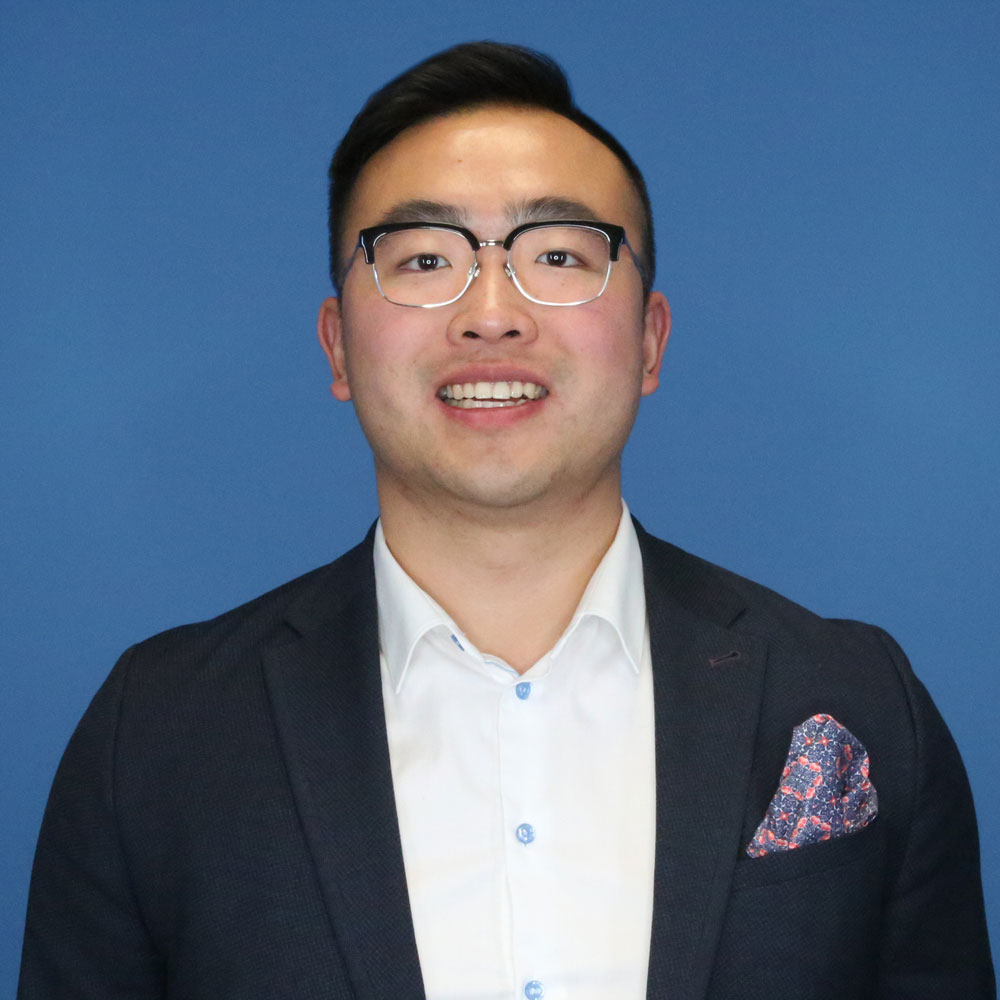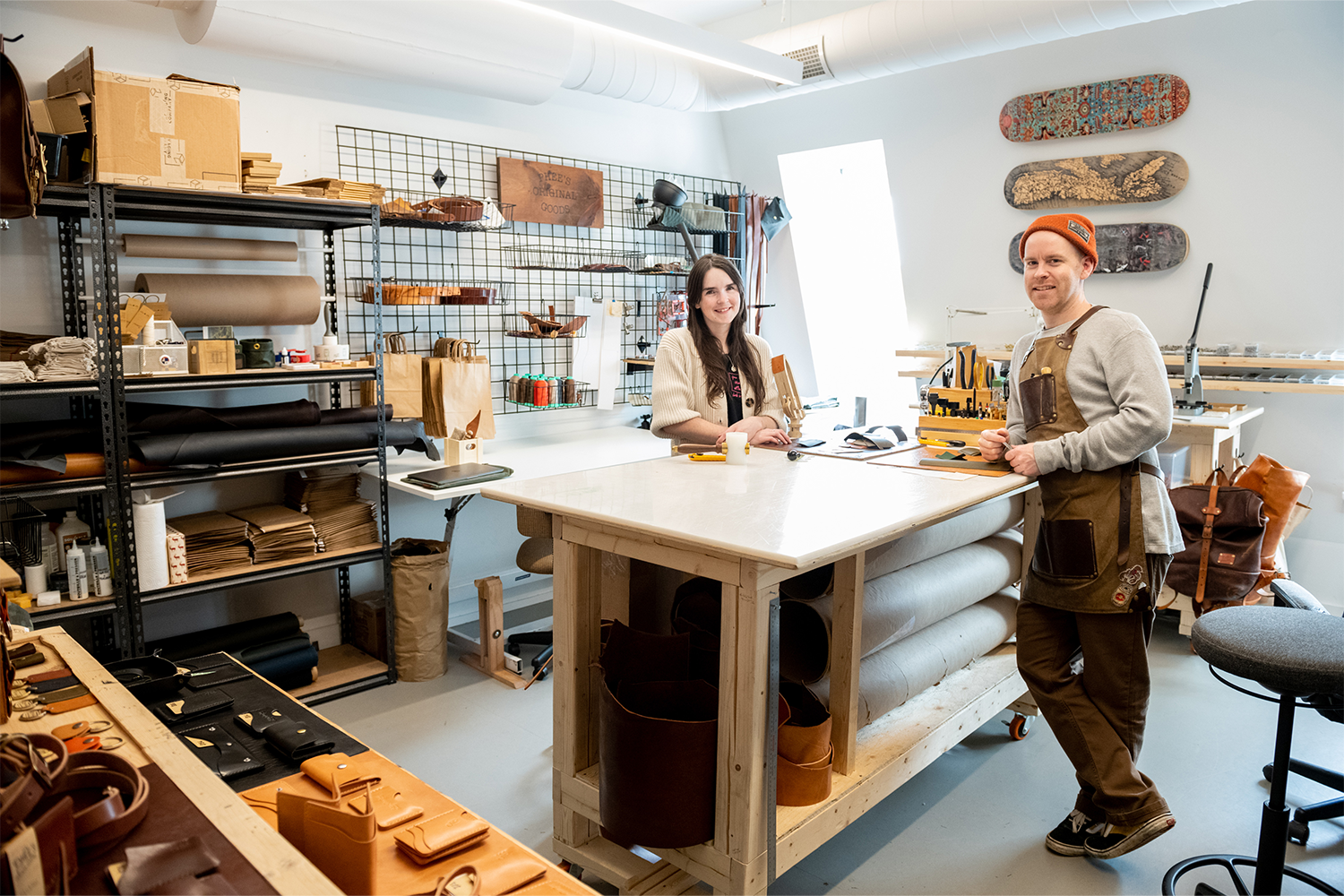#2: Chandos Construction

A lucky break led Tim Coldwell into a job at Chandos Construction. It was 2001, and Coldwell, a member of the Mohawks of the Bay of Quinte in eastern Ontario, was just 18 years old. He’d recently fled a challenging home situation and was desperate for work. He didn’t have the best grades or much experience. Yet the Edmonton-founded construction firm looked past that and offered him a gig as a project coordinator. “I was given a chance,” Coldwell recalls. “I found a second family, a sense of purpose, and a kind of community in construction.”
Coldwell went on to study engineering at the University of Alberta, backed by a full scholarship from the Mohawks of the Bay of Quinte, and quickly climbed the ranks at Chandos, eventually earning the trust of senior leaders, including CEO Tom Redl. In 2018, when Redl announced his retirement, Coldwell was named president, and he shares the leadership with COO Sean Penn (not that Sean Penn) and CFO Roger Babchuk.
In a full-circle moment in 2021, Chandos signed on to a major net-zero project to build a First Nations Technical Institute, or FNTI, facility in the Bay of Quinte—and 80 per cent of its budget is planned to be spent with Indigenous-owned firms. The deal isn’t just a way for Coldwell to express his personal gratitude to his community; it’s how Chandos does business.
Chandos has always leaned progressive. It has been 100 per cent employee-owned since it was founded in 1980, with the majority of ownership held by non-executives. And in 2016, it become a Certified B Corporation, publicly signalling its commitment to people and the planet. So when Coldwell, Penn, and Babichuk unveiled plans to expand the firm nationally shortly after taking charge, they saw social purpose as a powerful differentiator that could attract new clients and employees.
Chandos made a conscious decision to embrace social procurement—that is, using its supply chain as a force for good. This has affected how and what the company buys: It chooses low-carbon building materials and ensures that products are made in ethical conditions. It has also affected who Chandos buys from The company deliberately awards contracts to suppliers and vendors that share its values.
As Chandos opened offices in Vancouver, Kelowna, Toronto, and Ottawa, these progressive tactics quickly proved their value. The FNTI contract, for instance, hinged largely on the commitment to procure from Indigenous sources. And the company’s B Corp status was key in securing the contract to build Alice Saunders House, a 64-unit affordable-housing community in Vancouver. “People hire us to be their contractor because they want to have an impact through their infrastructure spend,” Coldwell explains. This approach has also helped Chandos attract skilled employees, which is very important in an industry facing ongoing labor shortages. “Younger people want to have an impact through their work,” says Coldwell.
Reva Bond Ramsden, dean of the Southern Alberta Institute of Technology’s School of Construction—which partners with Chandos on several training and job-placement initiatives—agrees. “Students are more socially responsible, more sustainability- and green-focused,” she says. “They look at companies through a different lens than people did a few decades ago. Construction really is a people business. You make or break a project based on the relationships you have. I think Chandos leads the way in that respect.”
